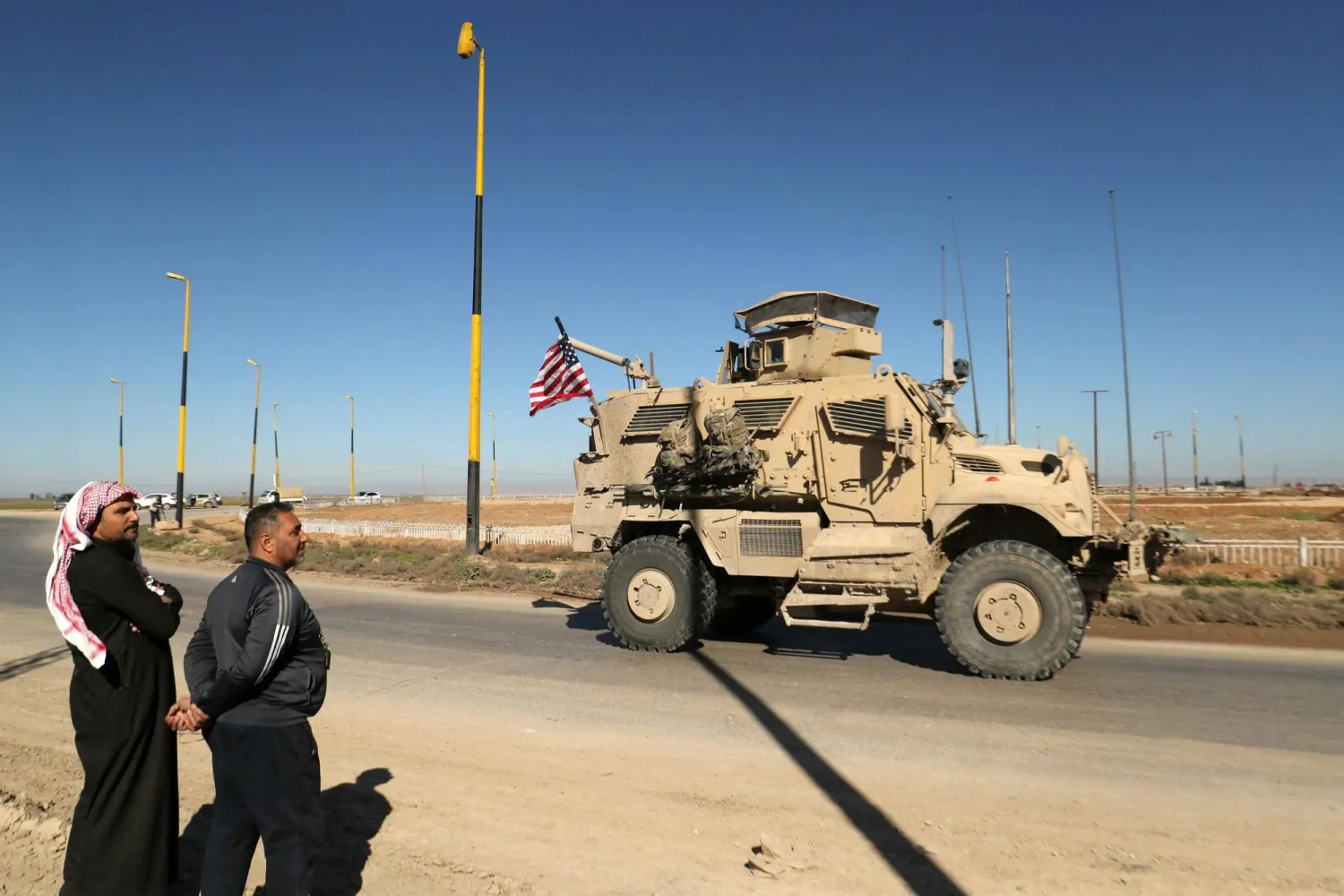Yemeni minister of human rights accused coup forces in his country of recruiting 20,000 children and planting about 200 thousand landmines.
“What is going on in the country is not a difference in political views, which resulted in an armed conflict, as some believe like the Office of the High Commissioner for Human Rights, but what happened is that armed militias turned against the legitimate government,” said the minister.
In a speech at the 36th session of the of the Human Rights Council, Yemeni Human Rights Minister Mohammed Muhsen Askar reviewed the deteriorating humanitarian situation in his country, and the difficult circumstances the people are suffering.
Askar said human rights violations in Yemen threatened international peace and security, adding that the Government had been forced to use military power, which had led to all the destruction; it was those who were the cause of the catastrophe who shouldered the responsibility for that. The catastrophe could only stop with a clear international stand to implement international resolutions, especially Security Council Resolution 2216. The Yemeni Government would do its utmost to cooperate with the High Commissioner.
“Human rights violations in Yemen threatened international peace and security. The situation was a full coup against legitimacy with the support of some forces; it was an armed coup against legitimate institutions. Hundreds of civilians had been killed, and Sana’a, the capital, had been occupied,” said Askar.
“There was a response by the Arab coalition, and after two months of the comprehensive war, a result had been obtained. It was unfortunate that some did not see the reality in Yemen. All needed to be aware that the coup leaders believed in false ideas that led to dismantling the fabric of the Yemeni society. They thought they monopolized the divine right and could hold power by force,” he added.
“All had heard the political slogans of those militias, every day they called for death to America and to Israel, which ran counter to Islamic traditions, which prohibited contempt of religions. The militias had also recruited 20,000 children and planted landmines, a flagrant violation of the rights of the child and the convention on land mines.”
“The Council had paid special attention to the situation of human rights in Yemen and had adopted a number of resolutions. The resolutions of the Security Council in the last two years had asked Office of the High Commissioner for Human Rights to provide technical assistance. But that assistance had not been provided as needed. The Yemeni Government would do its utmost to cooperate with the High Commissioner. The suffering of the Palestinian people under occupation and the restriction of its freedoms needed a serious political stance. The ethnic cleansing of the Muslim Rohingya was also condemned in the strongest terms,” concluded Askar.









